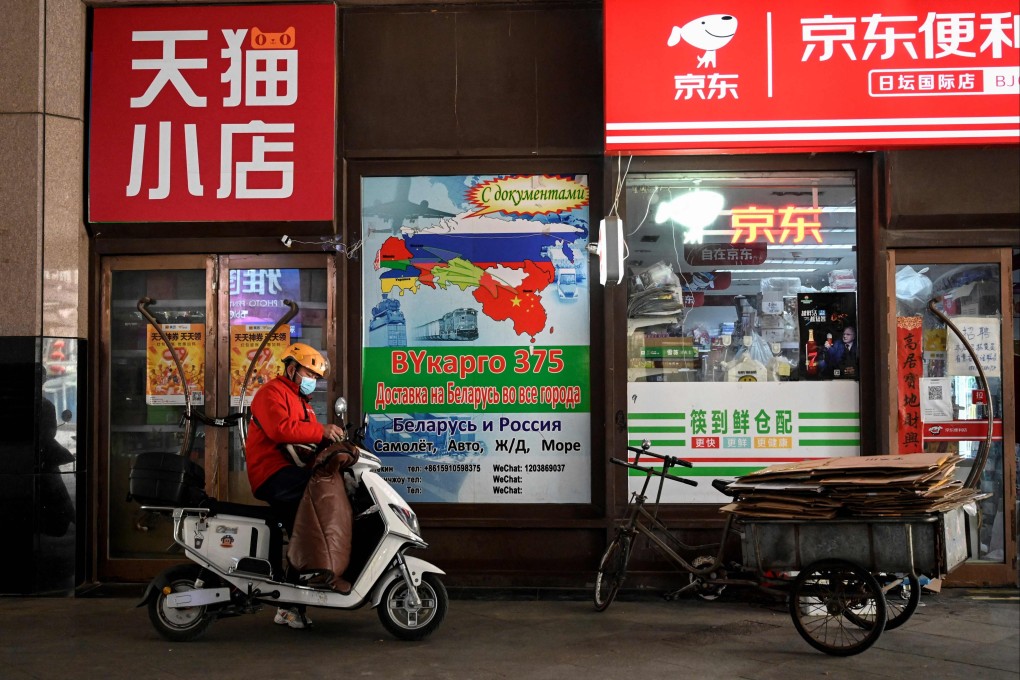China vows ‘necessary measures’ to defend investors amid Western pressure to take sides in Russia-Ukraine war
- China has called for diplomacy and negotiation over the conflict and has sought to maintain normal trade relations with both countries
- China’s imports from Russia rose by 26.39 per cent to US$7.84 billion despite Western sanctions imposed following the invasion of Ukraine at the end of February

China hit back at Western pressure to choose a side in the prolonged Russia-Ukraine war, with Beijing insisting it will take “necessary measures” to defend the legitimate interest of Chinese investors.
Some foreign businesses have also violated market rules by forcing Chinese enterprises to choose a side in the conflict, it added.
We oppose any ban or restriction on China’s normal trade activities with other countries
“China has been firmly opposing long-arm jurisdictions and unilateral sanctions which are not authorised by the United Nations Security Council or supported by international laws,” Ministry of Commerce spokeswoman Shu Jueting said on Thursday.
“We oppose any ban or restriction on China’s normal trade activities with other countries.”
But China’s crude imports dropped by 14 per cent year on year to 42.7 million metric tonnes in March, as international prices spiked following Russia’s invasion of Ukraine.